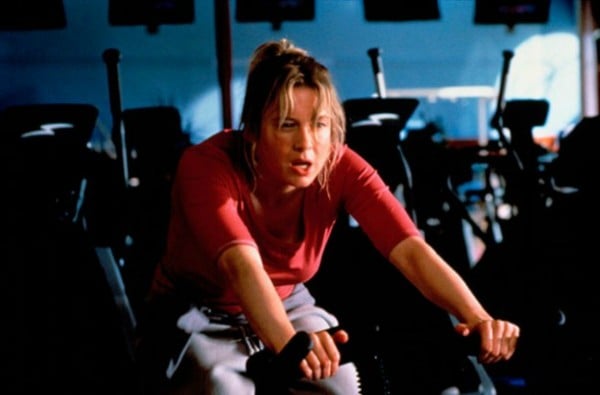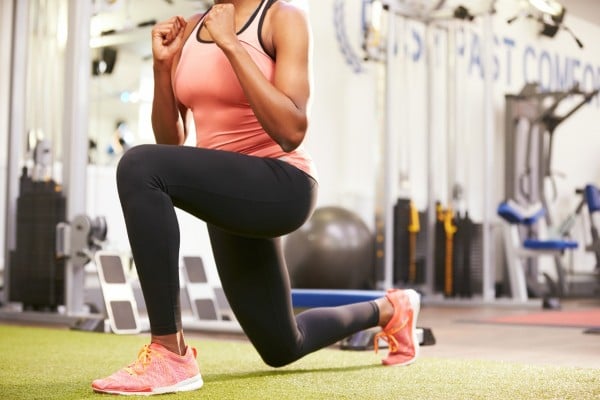
In news that will make the lazier among us let out an audible squeal of joy, a new study claims that the benefits of one minute of intense exercise rival that of a 45 minute workout session.
Before you bin your activewear, it pays to take a closer look at what exactly this means.
What does ‘one intense minute of exercise’ involve?
For the study, McMaster University’s exercise physiologist Martin Gibala and his team recruited 27 men of average fitness and split them into three groups – those who were assigned three weekly sessions of intense workouts, moderate workouts or none at all (the control group) for a 12-week period.
Those doing the strenuous workouts technically did just one minute of intense exercise, but including warm ups and cool downs (a total of 10 minutes). They were required to perform sprint interval training (SIT) with a two minute warm up on the bike, then three 20 second cycle sprints following by a five minute cool down session.


Top Comments
Anyone who thinks that a one minute exercise regime is going to be as good at 30mins x 3 a week is as dumb as they are unfit.
I read the title and thought is this about 'Is Sex Exercise' again?